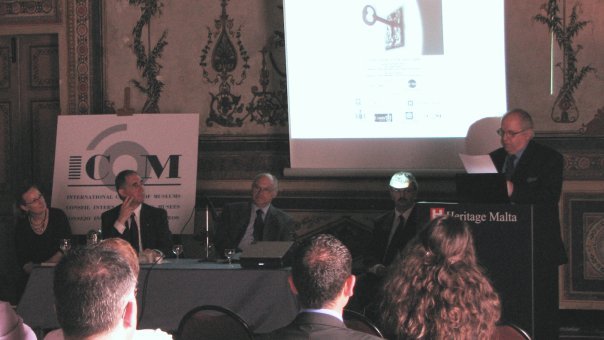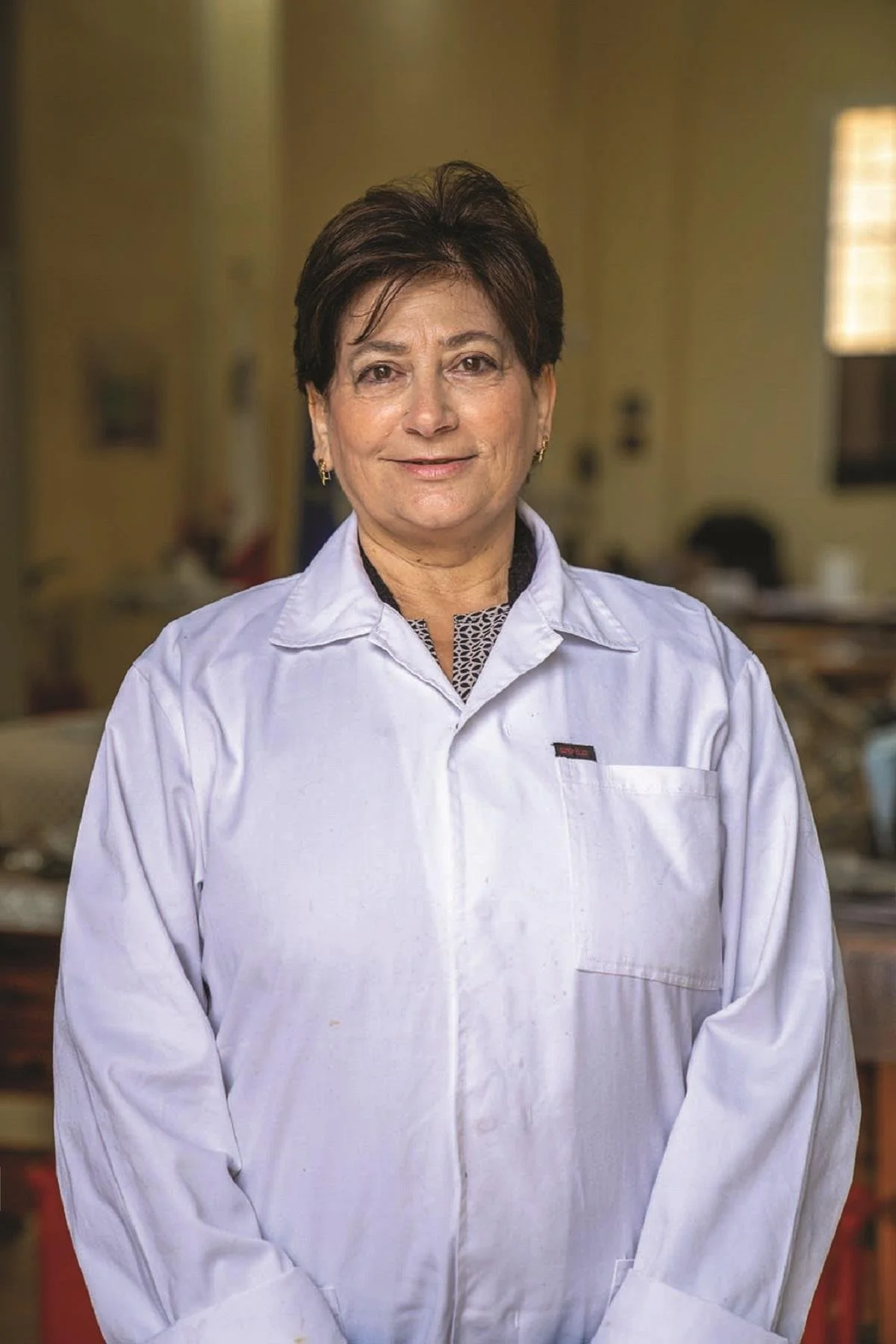
When ICOM Malta
was born in 2002
V.O. No: VO/0376
A Malta branch of the International Council of Museums (ICOM) was set up on the initiative of Dr Theresa Vella, who was then the principal officer at the National Museum of Fine Arts in Valletta and Dr Claude Busuttil who is a conservation architect. The launch was held at St James Cavalier Centre for Creativity in Valletta on 18 May 2002.
The ICOM-Malta executive board, chaired by Theresa M. Vella, included Marquis Nicholas de Piro, vice-chairman; Dr Claude Busuttil, secretary general; Joseph Galea Naudi, treasurer; and Mgr John Azzopardi, Suzannah Depasquale, Charles J. Farrugia, and Joseph Schirò, members.
Speaking during the launch, Marquis de Piro said the Maltese loved to collect things and so many fascinating items had come out of hiding during the past 20 years. Marquis de Piro said that Malta’s heritage was equivalent to that of a great state in Europe but funds for its upkeep were hard to find. Museums should, however, show the aspirations of the Maltese people more, he said.
The late Mgr John Azzopardi, affectionately known as Dun Gwann, said that Catholic cathedrals had since the sixth century held a treasure trove that could be used to bridge any financial problems they came across. He said that when it came to museums, he found that people were more prone to pass on precious artistic items to the Church than they were prepared to donate them to the state. Dun Gwann said church sacristies and storerooms held a whole array of religious artifacts that needed to be evaluated and catalogued.
The meeting was also addressed by Ms Depasquale, assistant curator at the Museum of Archaeology in Valletta, and by Education Minister Dr Louis Galea.

National Committees
National Committees of the International Council of Museums (ICOM) serve as essential local representatives, connecting the global organisation with museums and professionals within individual countries. These committees advocate for the interests of museums, address national issues, and promote favourable environments for cultural institutions. They play a pivotal role in fostering networking and collaboration among museum professionals, organizing events, and facilitating cultural exchange programs. Additionally, National Committees contribute to the professional development of museum workers, manage ICOM membership within their countries, and actively participate in implementing global initiatives. Through their efforts, these committees strengthen the bond between the international and local museum communities, enhancing the collective impact and sustainability of museums worldwide.
Meet the Committee









